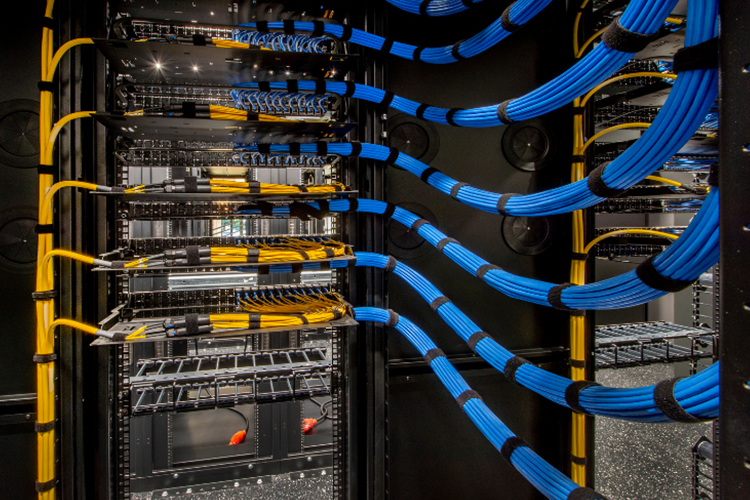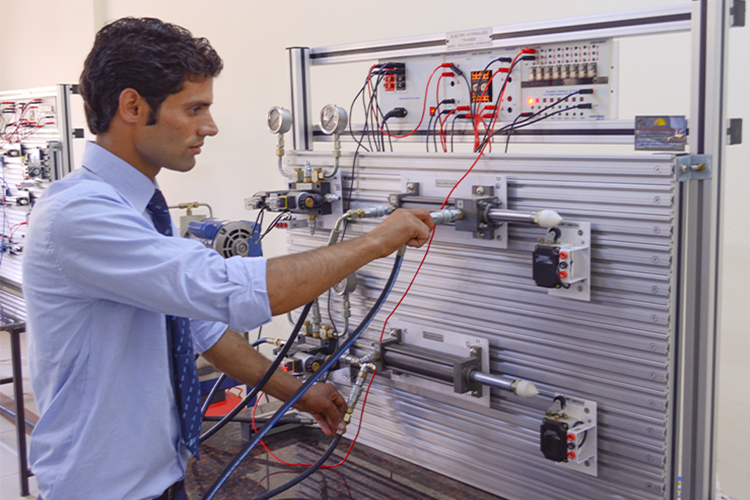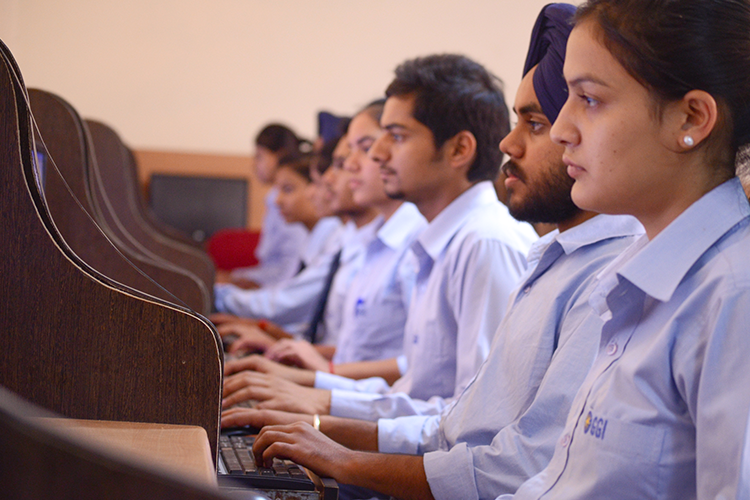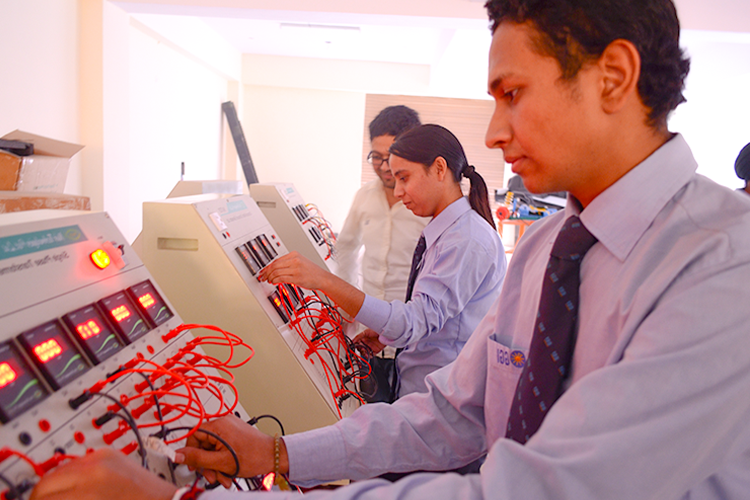Course Structure
Engineering Mathematics-I is a foundational course offering essential mathematical concepts and techniques crucial for engineering applications. Topics encompass calculus, differential equations, linear algebra, and their practical applications in engineering contexts.
Applied Physics explores fundamental physics principles applied to engineering contexts, including mechanics, thermodynamics, optics, and electromagnetism, crucial for understanding and solving real-world engineering challenges.
Applied Chemistry applies chemical principles to industries like manufacturing, healthcare, and environmental science, emphasising chemical processes, materials science, and analytical methods to solve practical challenges and innovate solutions.
Computer Fundamentals & Applications introduces essential concepts of computing, covering hardware, software, operating systems, and applications. Students learn practical skills for using computers effectively in various fields, emphasising basic programming and problem-solving techniques.
Engineering Mathematics-II builds upon foundational concepts with advanced topics such as complex analysis, numerical methods, probability, and statistics. It equips students with mathematical tools crucial for solving complex engineering problems and modelling real-world phenomena.
Fundamentals of Electrical & Electronics introduces basic principles and applications in both disciplines, covering topics like circuit theory, electronic devices, digital systems, and fundamentals of electrical machines.
Computer Center Management involves overseeing operations, maintenance, and strategic planning for computer facilities. It includes managing resources, ensuring security, optimising performance, and supporting users for efficient computing operations.
Programming in C covers variables, data types, control structures, functions, arrays, pointers, and file handling, essential for foundational software development and programming logic.
Data Structures encompass the organisation, management, and utilisation of data in efficient ways, crucial for optimising algorithms and enhancing software performance in various computing applications.
An Operating System (OS) is fundamental software that manages computer hardware and software resources, providing essential services and interfaces for application programs. Topics include process management, memory management, and file systems.
Networking is the practice of connecting computers and devices to share resources and information. Topics include network protocols, architectures, and security, providing students with foundational knowledge for building and managing networks.
Object-Oriented Programming in C++ introduces the principles of object-oriented design and programming. Topics include classes, objects, inheritance, polymorphism, and encapsulation, equipping students with skills to develop robust and scalable software applications.
Computer Architecture explores the fundamental principles of computer system design. Topics include the structure and behaviour of processors, memory hierarchies, input/output mechanisms, and performance optimization techniques, preparing students for efficient hardware and software development.
Database Management System covers the design, implementation, and management of databases. Students learn about data modelling, SQL, database architecture, and transaction management, equipping them with the skills to handle and optimise data in various applications.
Linux O.S. introduces students to the Linux operating system, focusing on its architecture, commands, shell scripting, and system administration. Students gain practical skills in managing Linux environments and using its tools for various computing tasks.
Multimedia Technology & Application covers the principles and tools used in multimedia systems, including graphics, audio, video, and animation. Students learn to create and manage multimedia content for various applications.
Software Engineering provides students with the principles and methodologies for designing, developing, and maintaining software systems. Topics include software development life cycles, project management, quality assurance, and testing techniques.
Client-Server Applications covers the architecture and implementation of client-server systems, focusing on communication protocols, server configuration, database connectivity, and network security. Students learn to develop efficient, secure, and scalable applications.
System Software encompasses operating systems, compilers, and utility programs that manage computer hardware resources and provide an interface for user applications.
Web designing involves creating and designing websites, focusing on aspects like layout, user interface, and visual aesthetics to ensure an engaging and functional user experience.
Computer networks involve the interconnection of multiple computing devices to share resources and information. This field encompasses the study of protocols, hardware, and software used to establish communication between different devices and systems.
Networking technology involves hardware, software, protocols, and standards enabling data exchange among devices. It includes Ethernet, Wi-Fi, routers, switches, TCP/IP, and security protocols crucial for network communication and management.
Network installation and management encompass setting up and overseeing computer networks, including hardware and software configurations, security protocols, troubleshooting, and optimising network performance to ensure reliable and efficient data transmission.
Industrial training involves hands-on learning within a specific industry, providing practical skills and knowledge essential for career readiness and enhancing employability in relevant professional roles.






































